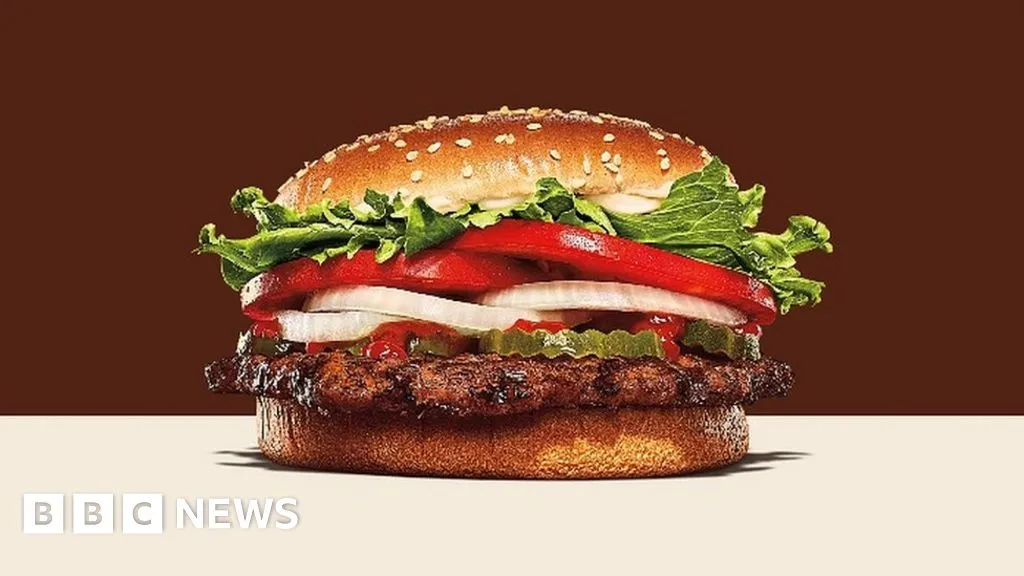- cross-posted to:
- globalnews
- cross-posted to:
- globalnews
cross-posted from: https://lemmy.zip/post/2089880
Archived version: https://archive.ph/LagwN
Archived version: https://web.archive.org/web/20230830080638/https://www.bbc.com/news/business-66654440



I used to work in product photography. That is not true or legal here in Aus. The only thing they are allowed to use in the picture are ingredients used in store.
I cannot speak to the laws in other markets but that is not the case everywhere.
Of course they will go through hundreds of buns to find the perfect one etc, so it is still incredibly wasteful.
Same thing in Europe. But I think in the US everything is allowed (surprise surprise)
Freedom
to manipulate and trick our consumersmotherfucker 🦅Everything for the God of Profits
Surely that one must be related to Supply Side Jesus
I heard it used to be, but isn’t anymore. Granted, this is hearsay with no source, but a buddy of mine who worked in advertising was telling me about it a while back. Could be wrong tho.
While it doesn’t have to be “food”, it does have to be edible in the US…
But that aside, burger king used to be good. It used to be decent sized and was almost worth the cost. Now on the other hand, it is so tiny and doesn’t feel remotely worth the price.
In my area, they just closed about 5 locations this year, and to be honest, I am only sad about the few people losing their job at these locations.
Burger King has gone so far down hill since 2020.
Man that sucks, BK in Toronto is still a nice big burger, and on Whopper Wednesday it’s cheap so it’s definitely worth it. Shame the US side has gone to shit.
They’re still an absurdly huge burger at every Burger King near me in the US. The suit is alleging they’re smaller than the advertisements. Not sure what OP is talking about but one thing I’ve noticed about BK is they are wildly inconsistent from location to location so it might be even more regional.
Everything is edible at least once.
Even in places where they have to use the actual ingredients, there’s a lot of tricks to making it look different in photos. That burger might only be partially cooked to reduce shrinkage, then the burger and bun are frozen so they hold shape for the photo. Vegetables carefully picked out and arranged, tomato/pickles blotted dry, and the sauce applied with an eye dropper to provide visual balance after the rest of the burger is stacked.
I will say from my experience, that tends to apply to advertising photography for large franchises. If we’re taking about food photography associated with a high profile event or restaurant where food is actually served, there’s minimal difference between the photo plate and what’s actually served. Sometimes the photo plate is just one picked out while producing the ones being served, sometimes it’s the first/last plate and a person takes a minute to pick out the best looking of ingredients from the same container that was used to serve the rest. Sometimes it’s just an extra minute arranging the plate nicely compared to the last 150 that were done quickly to keep up with service. Often the photographer then gets to eat the plate they’ve just photographed.
This lawsuit is not happening in Australia.